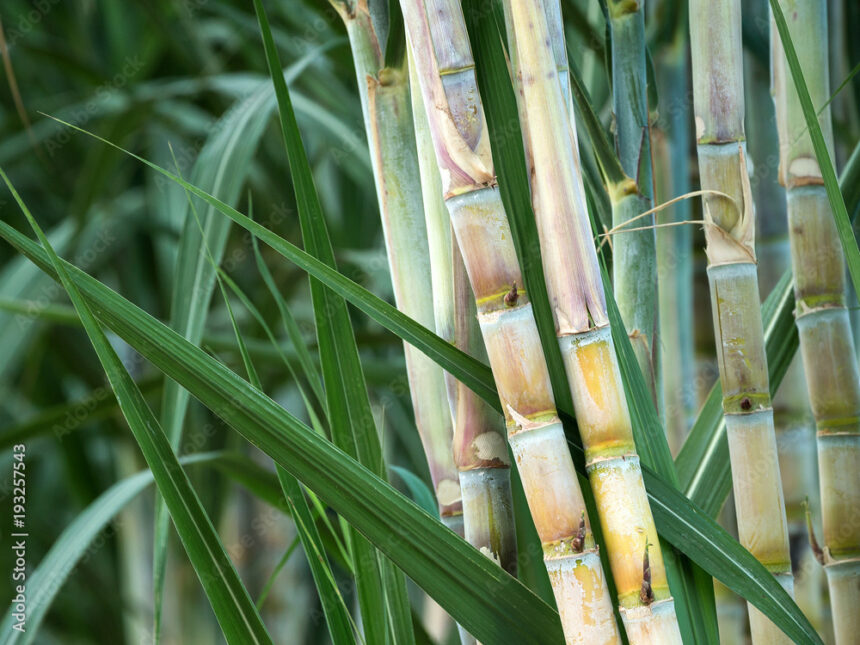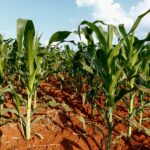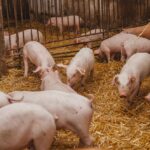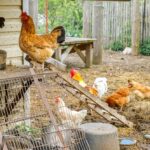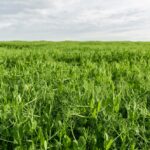Fusarium wilt, caused by the soil-borne fungus Fusarium spp., is a common disease that affects various crops, including sugarcane. The symptoms of Fusarium wilt in sugarcane can vary depending on the stage of infection and the severity of the disease. Here are some key symptoms to look out for:
- Wilting: Initially, you may observe wilting of the leaves in individual stalks or sections of the sugarcane field. The wilting may begin in the lower leaves and progress upward. In severe cases, entire plants may collapse and die.
- Yellowing or browning of leaves: Infected sugarcane plants may exhibit yellowing or browning of leaves. This discoloration usually starts from the tips or margins of the leaves and spreads towards the base.
- Stunted growth: Affected plants may show stunted growth, with reduced height and thinner stalks compared to healthy plants. The overall vigor and development of the plant may be compromised.
- Red discoloration in vascular tissues: If you cut the stalk of an infected sugarcane plant, you may notice red or brown discoloration in the vascular tissues, particularly in the lower parts of the stalk. This discoloration is caused by the fungal infection interfering with the plant’s water and nutrient transport system.
- Internal rotting of stalks: As the disease progresses, the infected stalks may develop internal rotting. If you cut open an affected stalk, you may observe brownish or reddish discoloration, decay, and a foul smell.
- Reduced sugar content: Fusarium wilt can lead to a decrease in the sugar content of infected sugarcane stalks. This can impact the quality and yield of the crop.
It’s important to note that these symptoms are indicative of Fusarium wilt, but they can also resemble symptoms of other diseases or environmental stress. To accurately diagnose the disease, it is recommended to consult with a plant pathologist or agricultural extension service who can conduct laboratory tests or provide expert advice based on local conditions.
Join 'Farmers Mag' WhatsApp Channel
Get the latest Farming news and tips delivered straight to your WhatsApp
CLICK HERE TO JOIN
